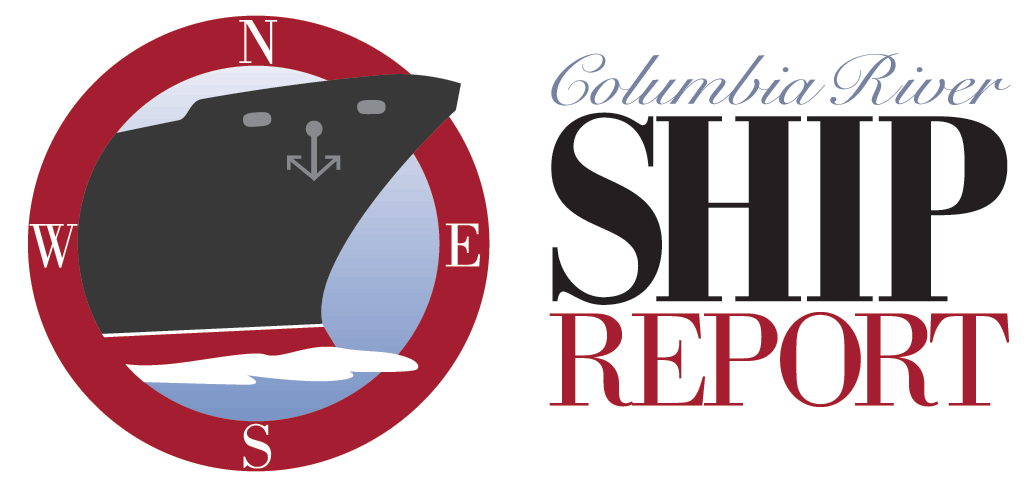
Oct 6, 2025 | Home Slider, Ship Report Podcasts
Today we’ll talk about an interesting and unusual sight that happened on Sunday on the river: a big bluewater cruise ship was heading downriver and out to sea from Portland.
We’ll talk about why she was all the way upriver in Portland, since such ships generally stop in Astoria and go no further upriver except perhaps to anchor off the downtown waterfront while they are in town for the day.
Podcast: Play in new window
Subscribe: Email | | More

Oct 2, 2025 | Home Slider, Ship Report Podcasts
Today we’ll take a look at this week’s storm, which brought stormy conditions some places around the region, but missed others.
Podcast: Play in new window
Subscribe: Email | | More

Oct 1, 2025 | Home Slider, Ship Report Podcasts
Well, in typical Mother Nature fashion, she’s doing what she likes, and our predicted storm is a bit late. But arrive it will, and will likely make things messy for vessels out in it, and delay departures for ships that are in port here. We’ll talk today about what to expect, with the usual caveat, “subject to change.”
Podcast: Play in new window
Subscribe: Email | | More

Sep 30, 2025 | Home Slider, Ship Report Podcasts
We have some of our usual, messy fall weather coming in today, and I thought it would be a good time to review some of the weather jargon we start to see in our forecasts at this time of year, and what those words and numbers mean.
We’ll talk about ships on the bar in bad weather, and also what’s happening with other river bars along our PNW coast, where vessels may also be seeking refuge from the weather.
Podcast: Play in new window
Subscribe: Email | | More

Sep 29, 2025 | Home Slider, Ship Report Podcasts
Big changes happening as of this week, with regard to the show.
Beginning this week, the Ship Report will no longer air on KMUN on Fridays, but will air Monday-Thursday instead, and as a podcast on my website at shipreport.net.
KMUN will air the Ship Report twice a day on the radio, at 8:49 am and again at 5:49 pm, Monday through Thursday.
The changes come on the heels of big federal funding cuts to the station, which have resulted in their needing to make significant programming changes resulting from the loss of NPR programming.
I completely respect the necessity for change in this situation, and support KMUN’s efforts to regroup. I’m regrouping myself, and considering what’s next for me in terms of Friday podcasts. I’ll keep you posted as I sort it out.
In the meantime, as always, I’ll continue posting ship schedules on my website (shared on Facebook) and also marine weather on my Ship Report Facebook page.
Thanks for your understanding. More to come.
Podcast: Play in new window
Subscribe: Email | | More

Sep 26, 2025 | Home Slider, Ship Report Podcasts
We see many signs of fall in the Pacific Northwest, as cruise ships head south and one beloved ship, the icebreaker USCGC Polar Star, heads home to Seattle to prepare for another round of her annual mission: Operation Deep Freeze, where she breaks a navigable channel through pack ice to open McMurdo station to the world, which means access to supplies and fuel.
Podcast: Play in new window
Subscribe: Email | | More







